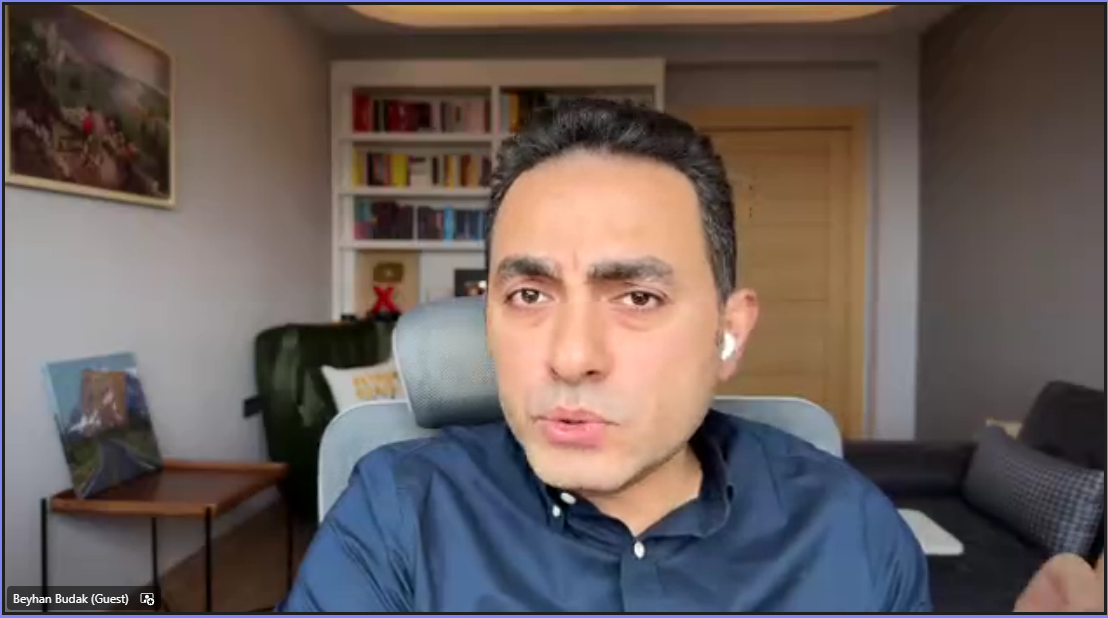The guest speaker of Arkas Talks, Clinical Psychologist Beyhan Budak, provided valuable insight about psychological first aid and post-disaster mental resilience. Budak said that it is crucial to get rid of toxic thinking and that most people who go through very difficult processes are actually able to recover. Budak pointed out that certain social activities can help people with this recovery.
Beyhan Budak, who participated as a guest speaker in the online Arkas Talks organized by Arkas Academy, stated that the psychological effects of the earthquake that struck Kahramanmaras on February 6, such as fear and anxiety, continue. Stating that people may experience situations that may cause them to worry about their mental health, Budak said, “90 percent of individuals who go through such difficult processes, including those who have experienced the earthquake, recover. They carry the marks of such experience, however they continue to adapt to life. We all have our own reactions to such processes. We react to comfort ourselves. But over time, these psychological problems start to leave their mark which can manifest in different ways. Back pain and stomach pain are examples of such manifestations”.

Clinical Psychologist Budak stated that people who go through difficult processes and who look very strong from the outside may not actually be that strong. Emphasizing that everyone has a temperament, Budak reminded that some people can develop compassion fatigue over time. Referring to the law of compound containers, Budak said, “If we cannot solve a problem, it means that we are emptying the wrong bucket. We don’t see the big bucket. There is a concept called “toxic thinking”. Past a certain point, you need to stop thinking about a bad event that you experience. If you keep thinking about it, you start accumulating negative vibes and this will hurt you gradually.” Budak pointed out that unnecessary and excessive information about earthquakes can also be harmful and that we should act more consciously when interacting with the media. Budak also said that a person shouldn’t push themselves into loneliness after such a difficult time since it might lead to a complete downfall, and that “You should carry on with your life. Sharing, supporting, participating in a charity activity are immensely better and more sustainable than leaving yourself alone. These activities help people to recover.”


